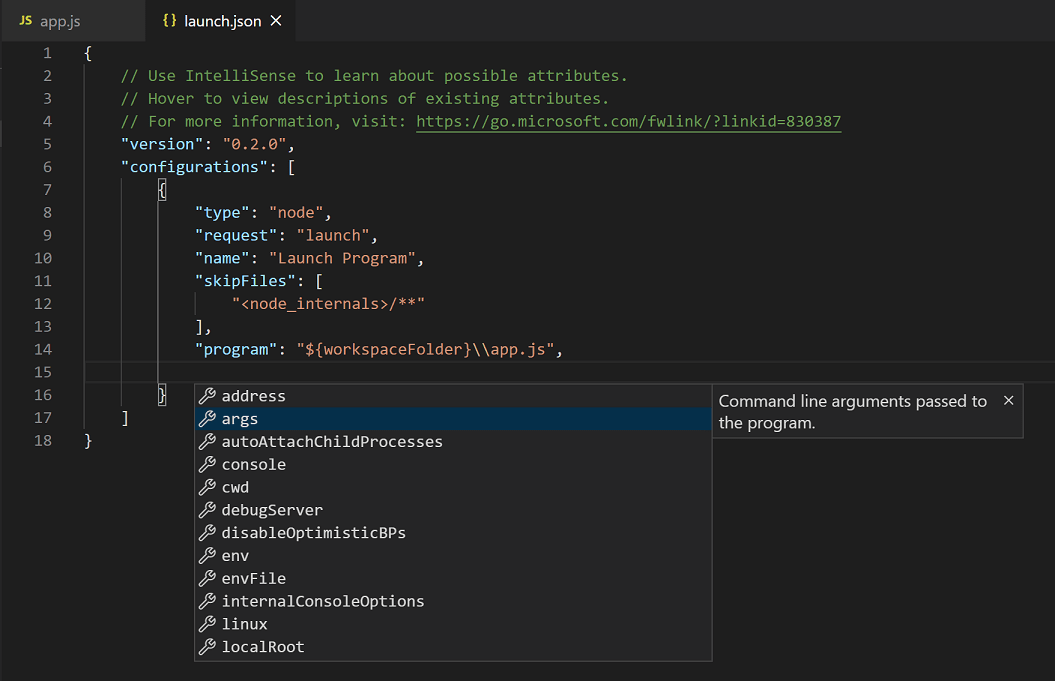

Run it once and then you can write the rest of code, using the AutoComplete:īut it doesn't happen in Visual Studio Code 2015! You run the code, but Intellisense does not autocomplete at the same case then. This is more than useful if you have an object template, containing many attributes. But after that you can use AutoComplete IDE feature exactly as if the object was created static from within the code editor. Of course, you have to run the code at least once to populate the object. There is a method "factory.create" in suds that takes an object description from wsdl and makes an empty object according to this description. But then I decided to switch to Visual Studio Code as more commonly used. I used a WSDL from the external source to create and send the SOAP request. Thank you.I was a Python coder last 3 days. What should I do? And I hope my question was clear. The copying to site-packages path appears to be a kludge as it will likely break the next time python updates. It leverages all of VS Code's power to provide auto complete and IntelliSense, linting, debugging, and unit testing, along with the ability to easily switch between Python environments, including virtual and conda environments. The extension makes VS Code an excellent Python editor, and works on any operating system with a variety of Python interpreters.

Neither of the above were helpful in removing the intellisense warning.ītw, when I copied the my_package directory to site-packages directory of my python 3.7 installation, then the warning went away. Working with Python in Visual Studio Code, using the Microsoft Python extension, is simple, fun, and productive. pylintrc (that did not help remove the intellisense warning) IntelliSense may be missing for this module.īoth pylint and intellisense are otherwise working in my VS Code setup. pylint shows a warning - Unable to resolve 'my_package.my_modules'.Now, script a.py runs alright and prints hello. (0, '/path/to/my_package')Īnd now, even when I launch python3 interpreter, and import sys, and print(sys.path), I see the path to my_package in the sys.path list. I created a python script (a.py) in VS Code, put the following lines in a.py and ran a.py. My_modules.py has one function def hello(): Created a folder named my_package with mkdir, created a init.py file in this folder, and then created a my_modules.py file in the same folder.


 0 kommentar(er)
0 kommentar(er)
